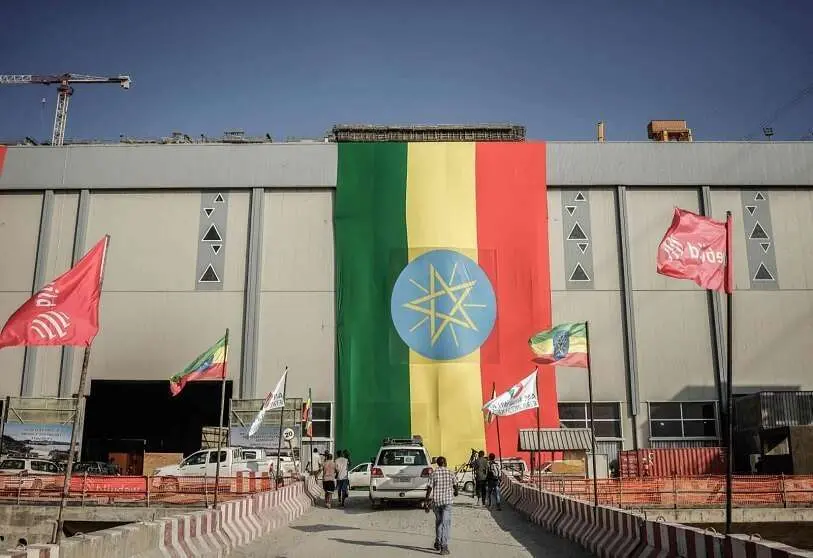Egypt, Sudan and Ethiopia discuss Renaissance Dam crisis

Last February, Ethiopia announced the start of electricity production from the Renaissance Dam built on the Nile River. The news came amid disputes with Egypt and Sudan, who see the move as a violation of Ethiopia's obligations.
Abiy Ahmed, prime minister of Addis Ababa, called the start of power generation from the dam "good news for our continent and the downstream countries we aspire to work with" on his Twitter account. Egypt's Ministry of Foreign Affairs noted that the unilateral start of this operation clashes with the provisions of the 2015 Declaration of Principles Agreement.

For its part, the Sudanese government remains adamant on the need to reach a legal agreement on the dam. Khartoum called the Ethiopian leader because of the need for real action to match his statements on the ground. The commissioning of the power turbines, as well as the measures provided, clash with the spirit of cooperation between the three African nations.
Ethiopia claims that its initiative is not intended to harm the interests of Egypt or Sudan, while they see it as a threat because of their agriculture's heavy dependence on the Nile.

Construction of the huge dam began in 2011 at a cost of almost $5 billion. The Ethiopian government aims to generate around 6,000 megawatts once the dam is completed and export the electricity generated.
It also announced the completion of the second filling of the reservoir in July last year. This means that 13.5 billion cubic metres of water were stored. However, the target was not met as the storage only reached 9.6 billion cubic metres.

The UN Security Council called for negotiations to continue "in a constructive and cooperative manner" in September last year under the auspices of the African Union. The timeframe for reaching an agreement was not specified, as long as it was within a reasonable timeframe.
During Congo's chairmanship of the AU, Christophe Lotondola, the Congolese Foreign Minister, convened a meeting between Addis Ababa, Cairo and Khartoum, but they were interrupted due to Ethiopia's concern over the conflict in the Tigray region, compounded by the outbreak of the political crisis related to the Sudanese transition.
Egyptian President Abdel Fatah al-Sisi warned in a public speech that it was better "not to touch a drop of his country's water". According to Cairo, the lack of progress is due to Ethiopia's lack of political will "to negotiate in good faith".

Egypt and Sudan have decided to join forces to address the instability caused by Ethiopia. Sudan's Minister of Water Resources, Yasser Abbas, sees "the dam as affecting Sudanese national security and having regional repercussions", as was the case with the first infill.
While the Ethiopian administration insisted on filling the dam despite not reaching an agreement with its neighbours, the Cairo and Khartoum governments emphasised that they must first reach a tripartite pact so that the annual water share per country would not be affected.








